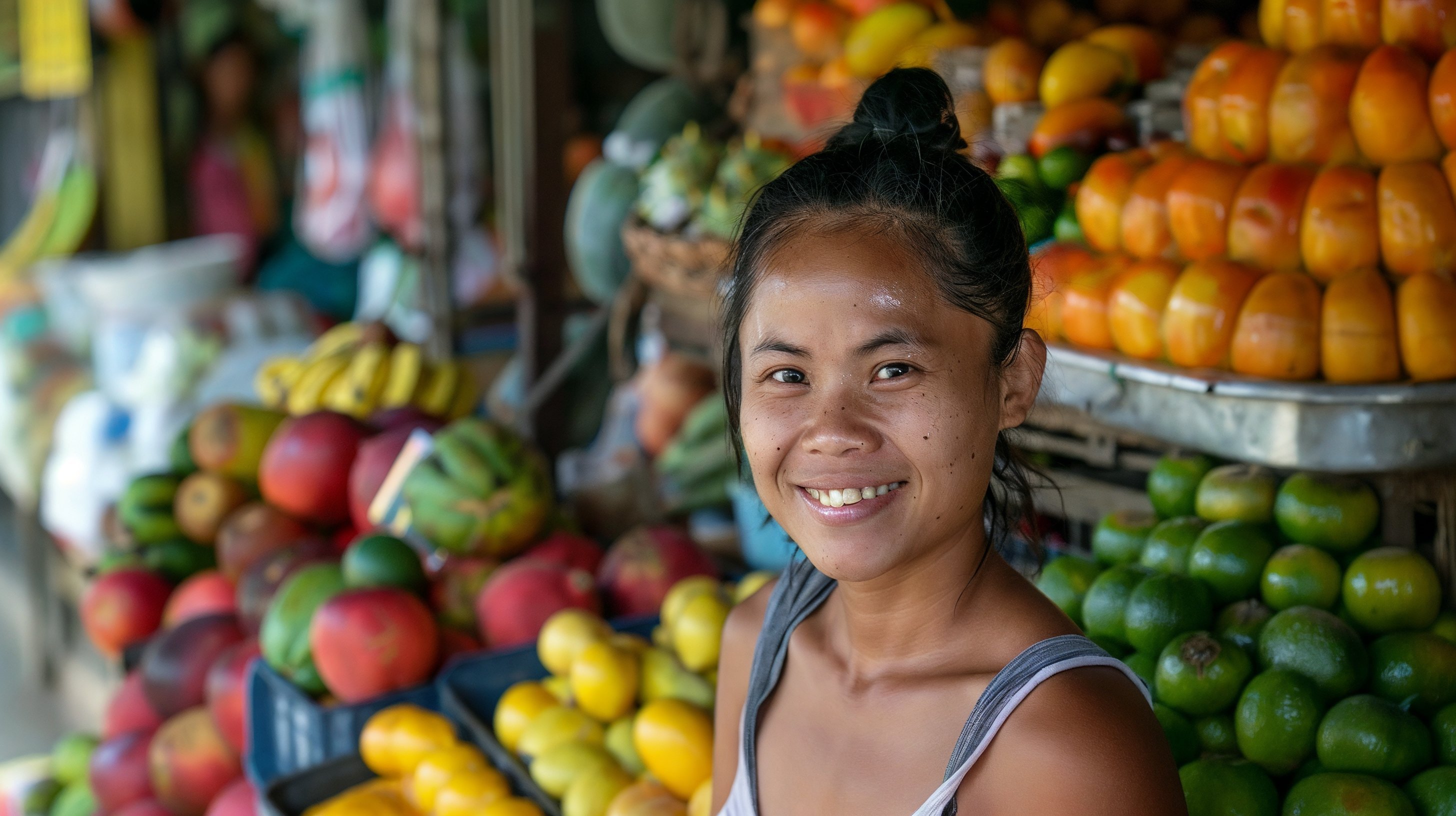This project is designed to support micro and small enterprises in the Philippines and Cambodia—with a focus on women-led enterprises—by providing them with access to digital financial services, digital sales and transaction channels, and financial literacy training to improve their financial health and accelerate the growth of their businesses.
Boost Capital’s award-winning, white-labeled tech platform onboards small businesses leveraging familiar channels such as Facebook Messenger, Telegram, and WhatsApp, which Filipino entrepreneurs are already using. Integrated with AI, the company’s chat-based technology allows service providers to onboard more small business customers digitally. Once onboarded, small businesses can access financial services 24/7 from their smartphones. The entire process is automated, from product selection, through AI-driven verification, to contracting and transaction.
The project will build on Mastercard Strive’s previous partnership with Boost Capital in Cambodia, where they used financial education data to de-risk and expand small business credit. Financial education customers tend to be more financially responsible. Boost Capital found that Cambodian customers consuming financial education were also 15% more likely to have repaid their loans early or on time in the past.
Leveraging lessons and insights from the previous partnership, Boost Capital will collaborate with three to five new financial service providers (FSPs) in the Philippines and Cambodia. Each FSP will leverage Boost’s chat and AI-enabled digital onboarding technology to unlock access to digital financial services and merchant onboarding opportunities for small businesses.
In addition to broadening access to financial services, the program will build the capacity of small business owners to support their long-term financial health through chat-based financial education interwoven throughout their financial service lifecycle.
This program has a particular focus on women-led enterprises. Studies have shown that empowering women entrepreneurs can have a profound multiplier effect, leading to increased household incomes, improved child welfare, and broader economic development.
Financial inclusion initiatives, with products designed for women's needs, can unlock resources for these women-led businesses. This allows them to invest in inventory, expand operations, increase sales, and ultimately contribute more significantly to the Philippine and Cambodian economies. Boost Capital’s technology was built with this strong focus on women-led businesses.
Further, this program is an opportunity to further support the country's commitment to digitizing and growing small businesses in the region. In addition to challenges in accessing finance, Filipino and Cambodian MSEs also struggle to access the digital ecosystem in general, e.g. listing on digital ordering platforms, accepting and managing digital payments, and using digital channels for customer service. Exclusion from the digital ecosystem restricts MSEs to growing only within the cash-based economy. By including merchant onboarding, the project will unlock access to the digital ecosystem and its accompanying benefits for MSE growth.
About Boost Capital
Boost is an award-winning, white-labeled tech platform that allows Financial Service Providers (FSPs) to serve customers via popular chat platforms such as Facebook Messenger, Telegram, & Whatsapp, without an app download. Boost offers the best possible funnel for new customers to apply for loans, credit cards, savings, insurance, and financial literacy through our Bank Partners, and we can enable applications on 100% of the smartphones in each market. Boost has partners in Singapore, the Philippines, Cambodia, and India, and has enabled over 2 million applicants and merchants through its innovative chat-based technology.




